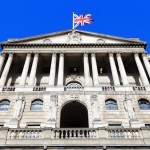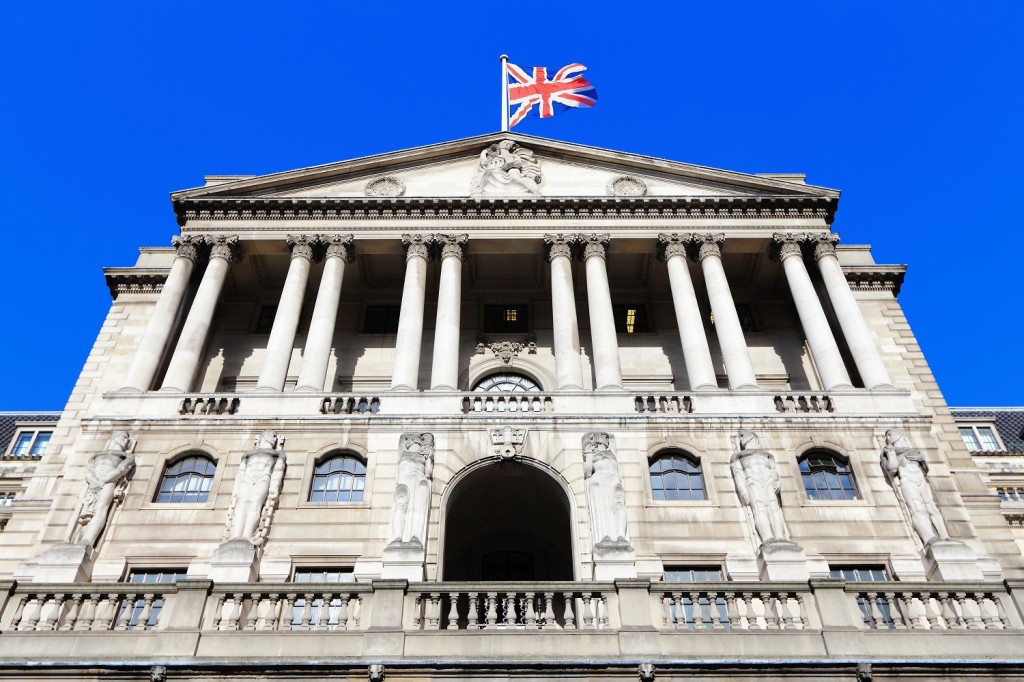Bank of England Governor Mark Carney has hinted that an interest rate cut could be on the cards along with fresh economic stimulus measures to help boost the economy. Carney suggested that a cut in interest rates was possible by the Bank this summer to deal with the economic uncertainty following the vote to leave the […]
 Bank of England Governor Mark Carney has hinted that an interest rate cut could be on the cards along with fresh economic stimulus measures to help boost the economy.
Bank of England Governor Mark Carney has hinted that an interest rate cut could be on the cards along with fresh economic stimulus measures to help boost the economy.
Carney suggested that a cut in interest rates was possible by the Bank this summer to deal with the economic uncertainty following the vote to leave the EU.
Speaking to business leaders on Thursday, Carney said that a declining economic outlook could lead to the bank pumping more money into the economy through quantitative easing.
He said: “Uncertainty over the pace, breadth and scale of these changes could weigh on our economic prospects for some time.
“In my view, and I am not pre-judging the views of the other independent MPC members, the economic outlook has deteriorated and some monetary policy easing will likely be required over the summer.”
The Committee will make an initial assessment on 14 July and a full assessment complete with a new forecast will follow in the August inflation report.
Following his speech the pound dropped by more than 1% against the dollar and the euro.
The MPC voted in June to keep interest rates at their record low of 0.5%, where they have been since 2009. Experts widely believe that interest rates could now fall to 0.25% in the coming months.
The Bank predicts that economic growth will slow down next year as a result of the referendum.
“It now seems plausible that uncertainty could remain elevated for some time, with a more persistent drag on activity than we had previously projected. Moreover, its effects will be reinforced by tighter financial conditions and possible negative spill-overs to growth in the UK’s major trading partners,” he said.
Carney said that in the coming months the Bank would “take whatever action is needed to support growth” subject to the inflation target of 2% being met.
“The MPC will face a trade-off between stabilising inflation on the one hand and avoiding undue volatility in output and employment on the other. The implications for monetary policy will depend on the relative magnitudes of these effects,” Carney said.
Despite possible headwinds on the horizon, Carney stressed that the UK could “handle change”.
“It has one of the most flexible economies in the world and benefits from a deep reservoir of human capital, world-class infrastructure and the rule of law. Its people are admired the world over for their strength under adversity. The question is not whether the UK will adjust but rather how quickly and how well,” he said.














